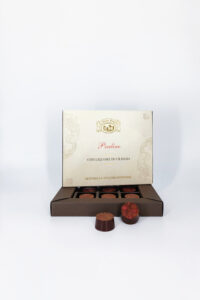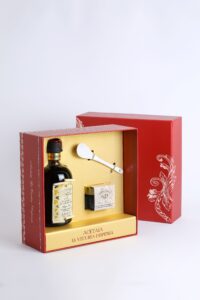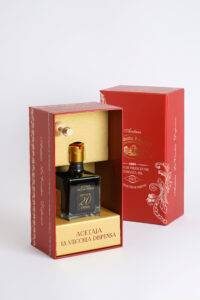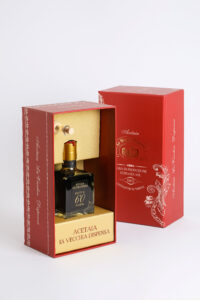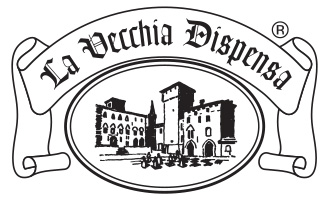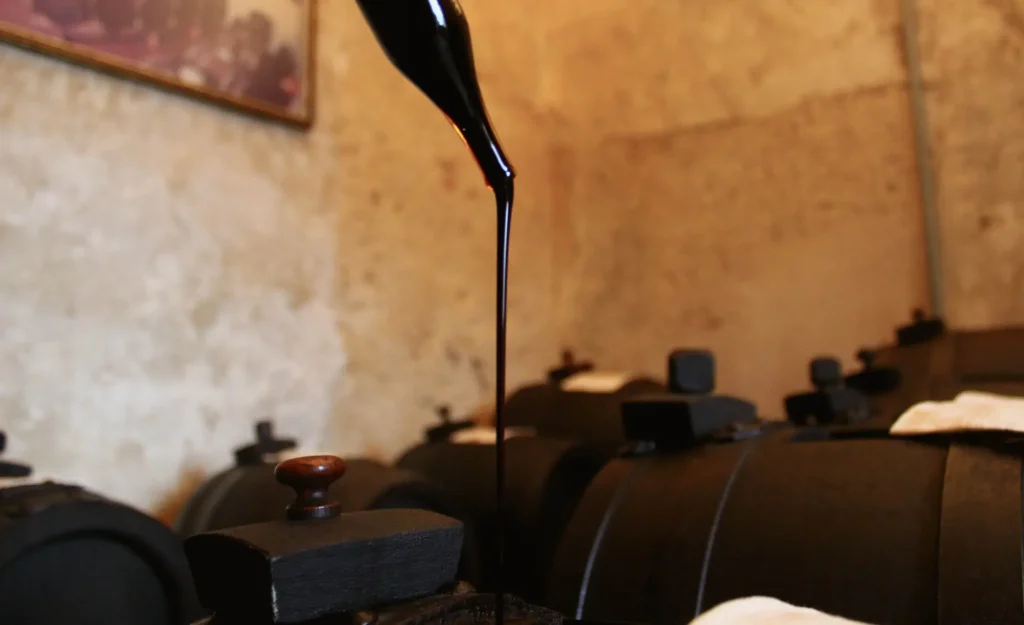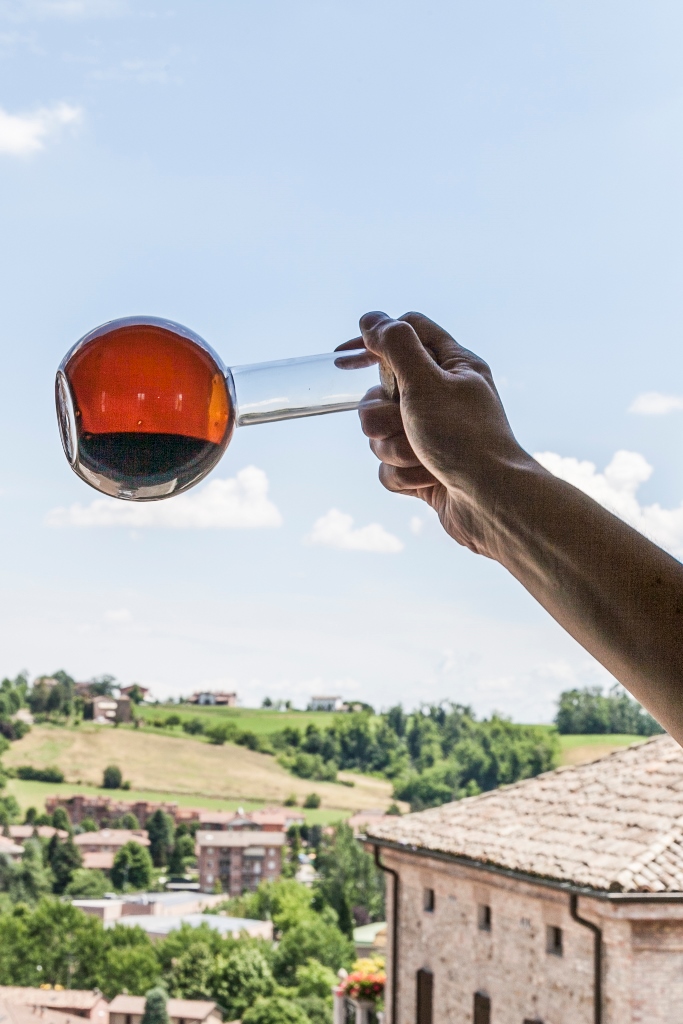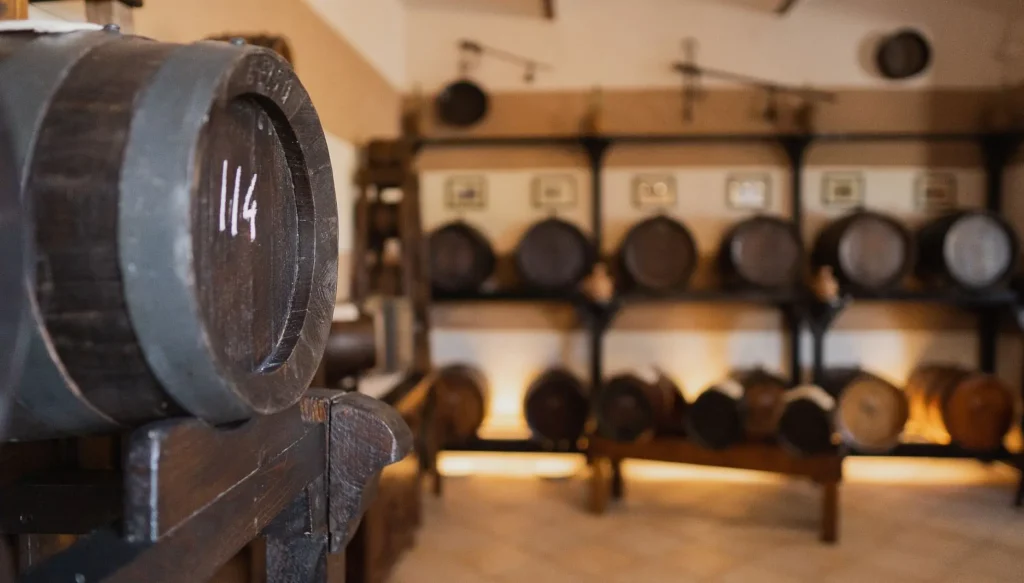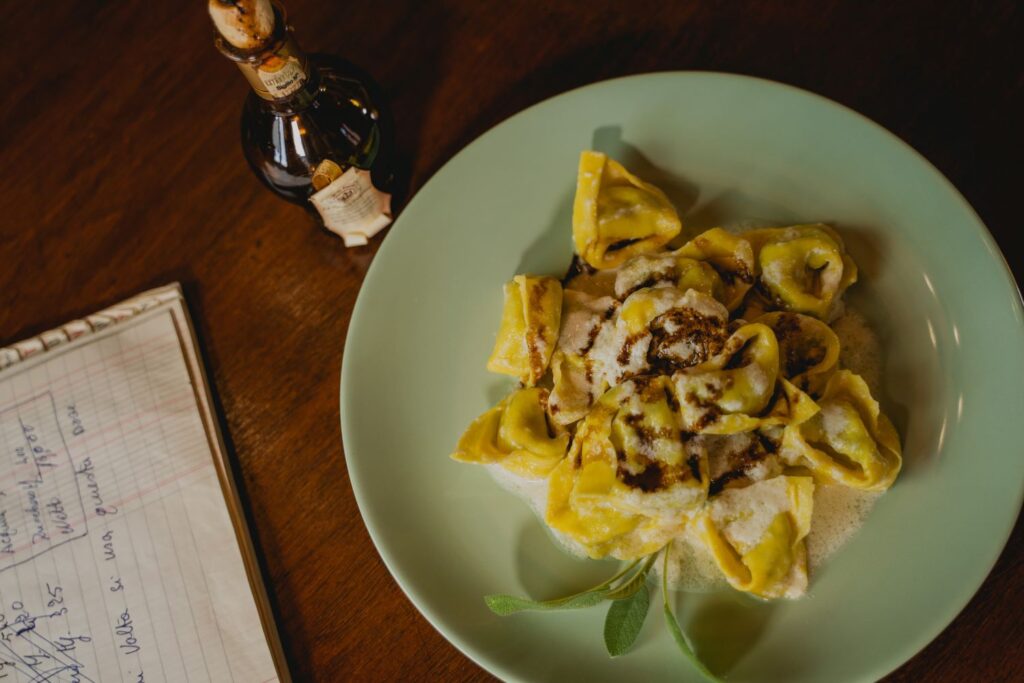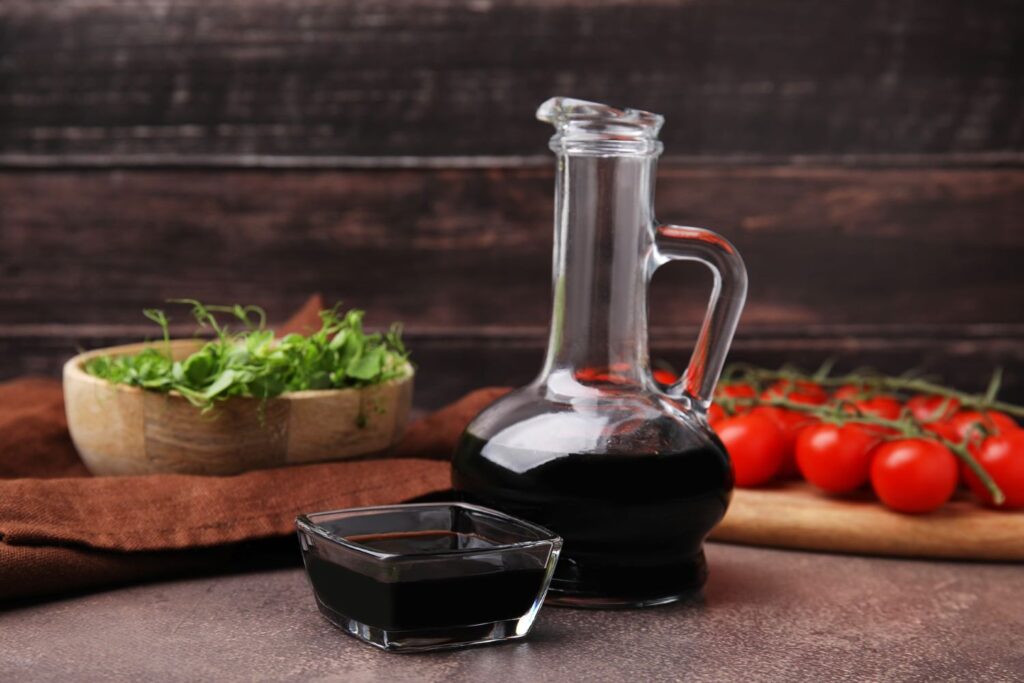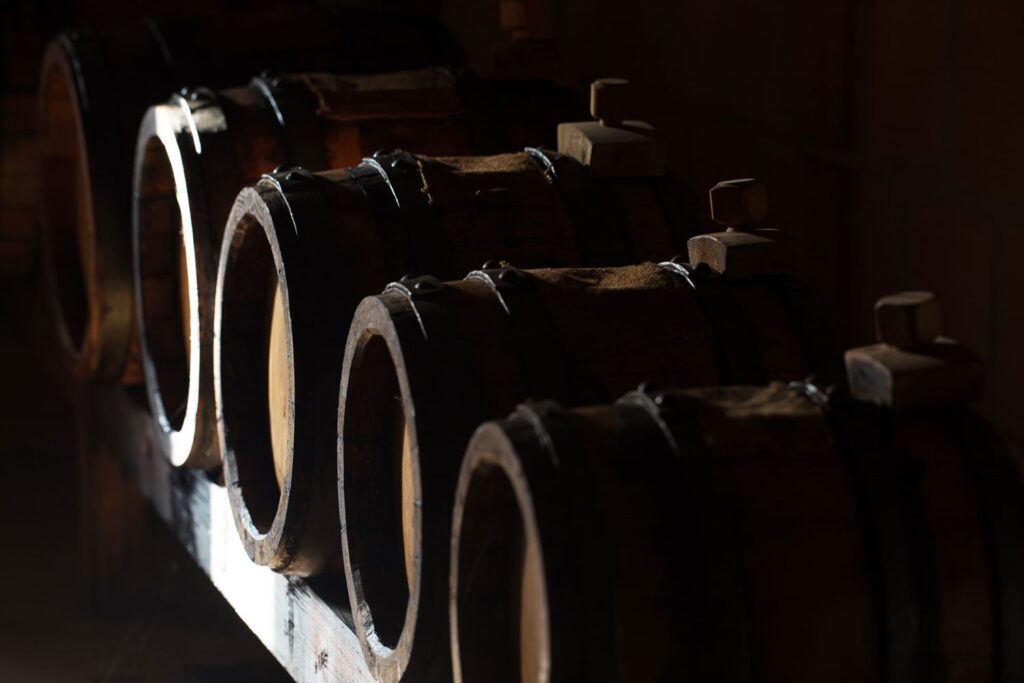Balsamic Vinegar of Modena needs no introduction: this condiment is well-known and highly appreciated all around the world as an authentic culinary delight, so that 90% of its total production is destined for export. Lately, however, some concerns regarding the presence of lead in our precious vinegar have been spreading on web, especially overseas. As the producers, we think it is highly important to clarify the truths and myths regarding Balsamic Vinegar, dispelling any doubts for our readers. Let’s find out together if there is really a reason to worry or if we can continue to appreciate the “Black Gold” of Modena in its authentic beauty and goodness.
Tradition, Regulation and Certification
Before delving into the question, it is important to understand the history and the traditional production method of this condiment. On our blog, we have already talked in detail about who invented Balsamic Vinegar and its connection with Modena culture and traditions. So we limit ourselves to recalling that the Traditional Balsamic Vinegar of Modena is produced using only cooked grape must and it is aged in wooden barrels for long periods (for the PDO we are talking about a minimum of 12 years). This artisanal process gives Balsamic Vinegar its distinctive flavor and thick texture.
As a famous product with a very long history, Balsamic Vinegar today enjoys the benefits of a rigorous production regulation and certification process, both nationally and internationally. This guarantees the quality and authenticity to the final consumer. In fact, the Modena vinegar factories, selected in compliance with the basic regulations for the production of Balsamic Vinegar of Modena, must follow certain production standards and comply with the specific requests to obtain the denomination of their products as “Balsamic Vinegar of Modena IGP” (Protected Geographical Indication), and “Traditional Balsamic Vinegar of Modena DOP” (Protected Denomination of Origin).

Lead in Balsamic Vinegar of Modena: Myth or Truth?
Lead is an element found in nature, particularly in the earth’s crust and sometimes in the soil. For this reason, agricultural products may contain its minimal quantities. Balsamic vinegar is not exempt from it, since it is produced with grapes, but it can be said with absolute certainty that no lead is deliberately added at any point in the production process.
Food safety is an absolute priority in the production of Balsamic Vinegar of Modena: the vinegar factories follow strict hygiene and safety standards to ensure that the product is free from harmful contaminants at all stages of the production chain. Furthermore, the competent authorities carry out regular checks and analysis to verify the quality and safety of the Balsamic Vinegar of Modena placed on the market.
So why is all the noise about lead presence in Balsamic Vinegar of Modena? That is due to a new Californian law, which has reportedly issued a warning to the FDA (the US government agency that regulates food and pharmaceutical products), that anyone who drinks about 500 – 1000 cups of Balsamic Vinegar of Modena daily can suffer from lead poisoning. A report that was not sufficient for the FDA to withdraw the product from the US market. On the other hand, it is a totally senseless fear, since no one would ever think or be able to consume such amounts of Balsamic Vinegar and thus cause damage to one’s health.

In conclusion, is Balsamic Vinegar of Modena harmful?
Assuming you make a careful choice at the time of purchase, opting for a certified and authentic DOP or IGP product, especially if you are abroad, there is nothing to worry about. You can appreciate the “Black Gold” of Modena in its simplicity and consume it with confidence, no matter where you are.
